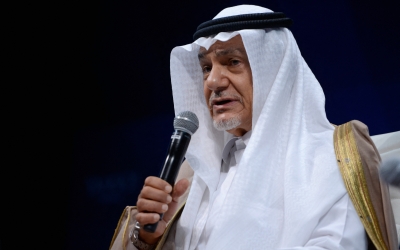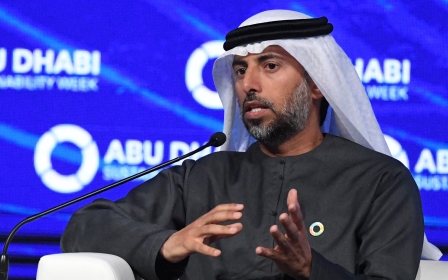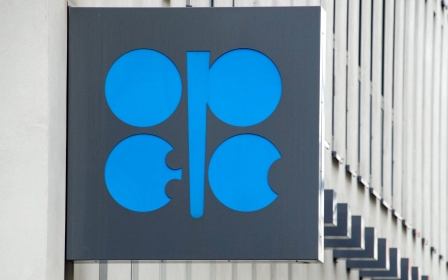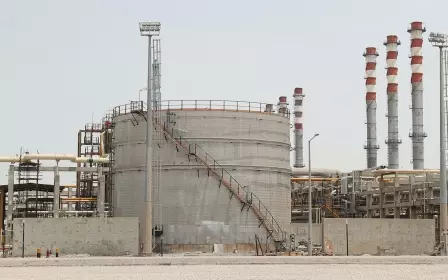OPEC+ considers suspending Russia from oil production deal: Report
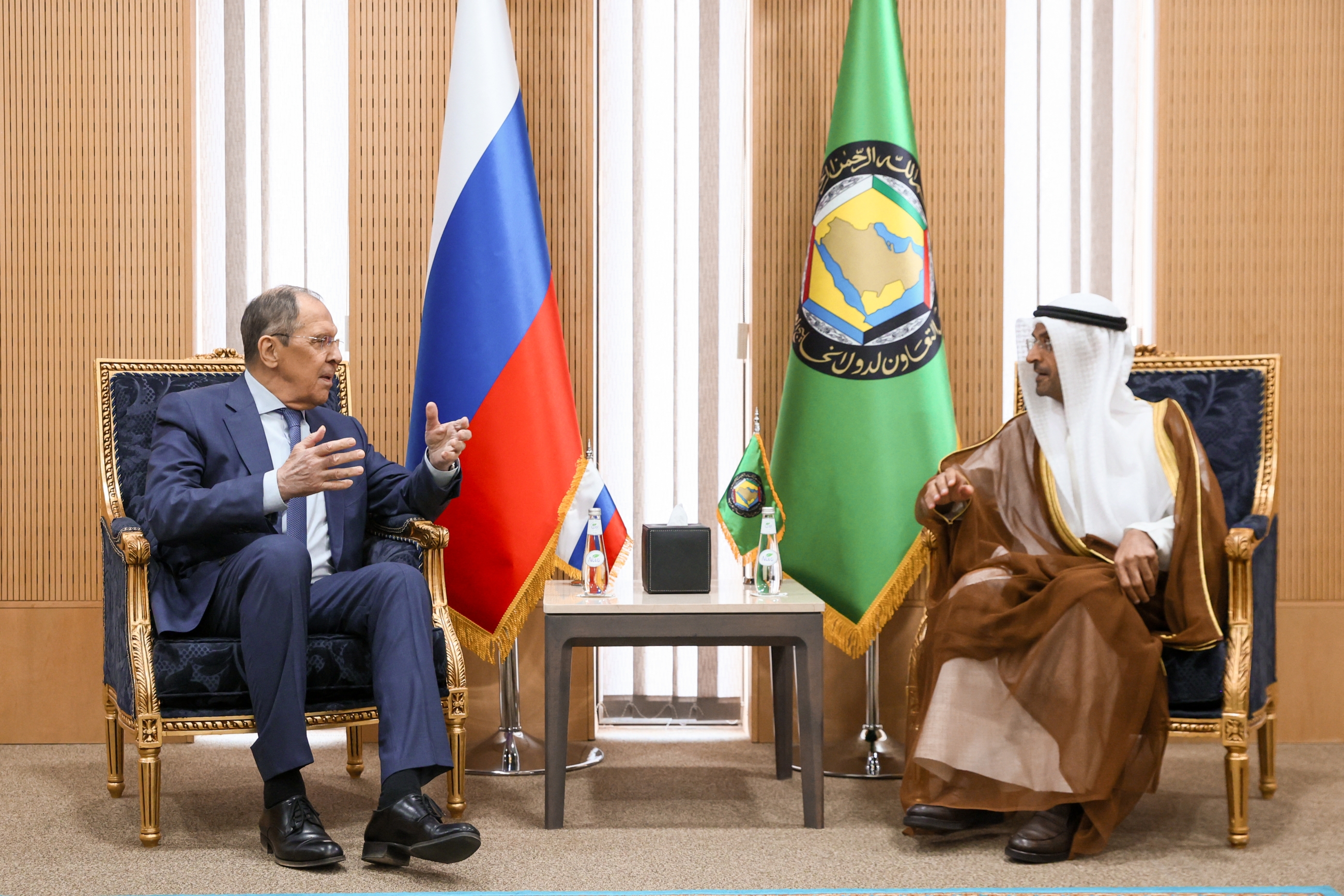
Some members of the energy alliance OPEC+ are considering whether to suspend Russia from an oil production deal, the Wall Street Journal has reported, citing unnamed OPEC officials.
The debate comes as Western countries have accelerated their push to sanction Russia's energy industry in the wake of the onslaught in Ukraine.
On Monday, the European Union agreed to ban most Russian oil imports in a move designed to cut off funds that are helping fuel Russia's invasion.
The Organization of the Petroleum Exporting Countries (OPEC) reached an agreement with Russia and other oil producers last year to gradually raise production levels in a deal that followed a blistering price war between Riyadh and Moscow during the height of the Covid pandemic that sent oil prices plummeting.
Energy markets have since rallied amid a global supply shortage exacerbated by Russia's invasion of Ukraine.
New MEE newsletter: Jerusalem Dispatch
Sign up to get the latest insights and analysis on Israel-Palestine, alongside Turkey Unpacked and other MEE newsletters
Saudi Arabia, the de facto leader of OPEC, has rejected pleas from the US to pump more oil, instead sticking to planned production increases with Russia.
But OPEC officials are now concerned that Russia may not be able to keep up with the limited production increases, as Western sanctions hit the country's energy industry. In April, Russia's finance minister said oil production could decline by as much as 17 percent in 2022.
"We all agreed that Russia is technically out of the effective participation in the DoC at the moment," an OPEC delegate told the WSJ, referencing the Declaration of Cooperation (DoC) agreement by which Moscow has coordinated production increases with the cartel since 2016.
The agreement has been an irritant in relations between Washington and its Arab Gulf allies, as it has fustrated US attempts to isolate Moscow on the global stage and stem the rise in gasoline prices. Russia's suspension could see Gulf countries boost production.
Russia has generated about $20bn per month in oil sales this year, helping sustain its invasion of Ukraine. Rising energy prices have also become a hot button political issue in the West, which some say may lead to an erosion of public support for sanctions against Russia.
On Wednesday, Russian Foreign Minister Sergei Lavrov met his Saudi counterpart, Prince Faisal bin Farhan al-Saud, during a visit to the kingdom.
According to a statement by the Russian foreign ministry, both men praised their countries' cooperation inside OPEC+, the alliance of OPEC members and 10 other oil-producing nations led by Russia.
Middle East Eye delivers independent and unrivalled coverage and analysis of the Middle East, North Africa and beyond. To learn more about republishing this content and the associated fees, please fill out this form. More about MEE can be found here.


